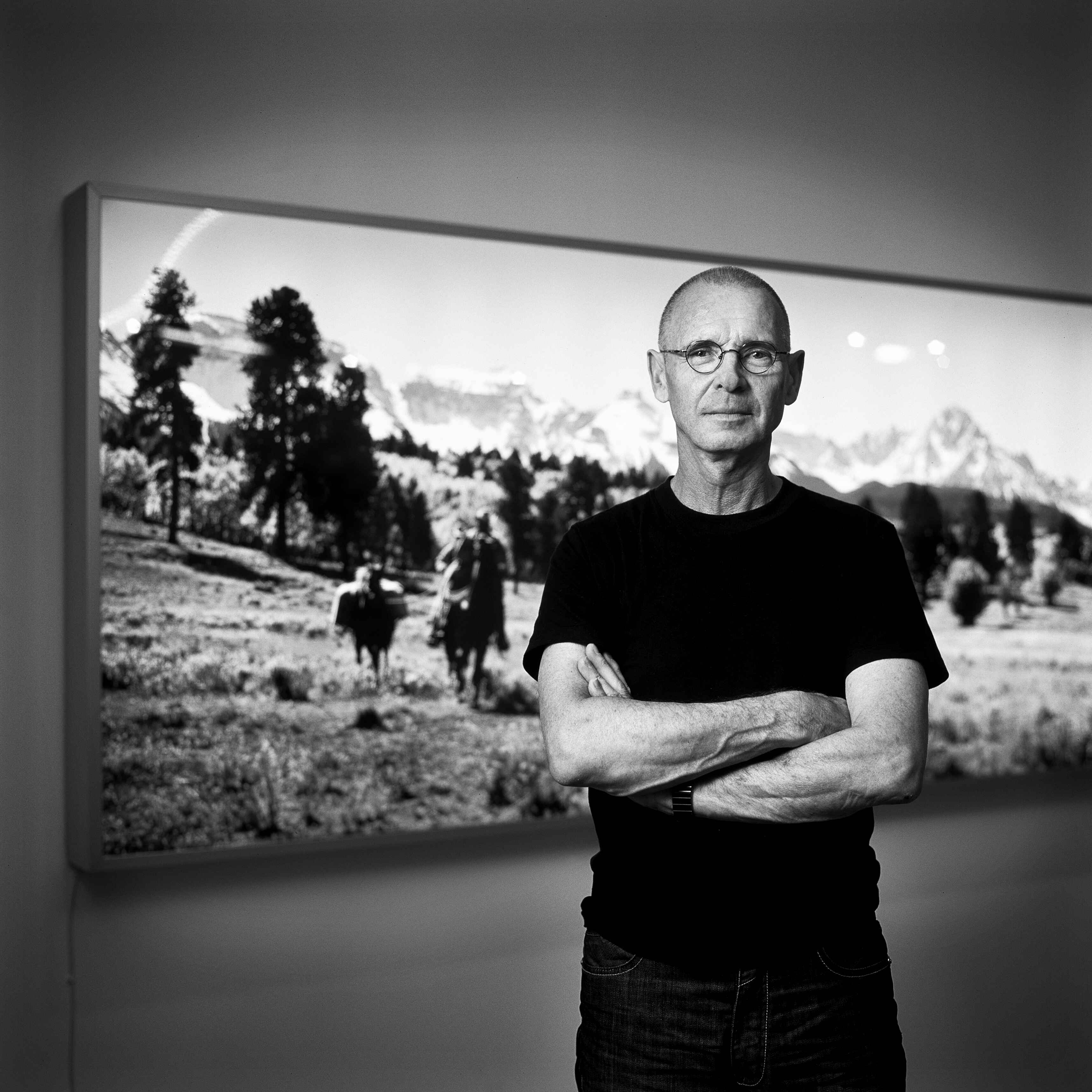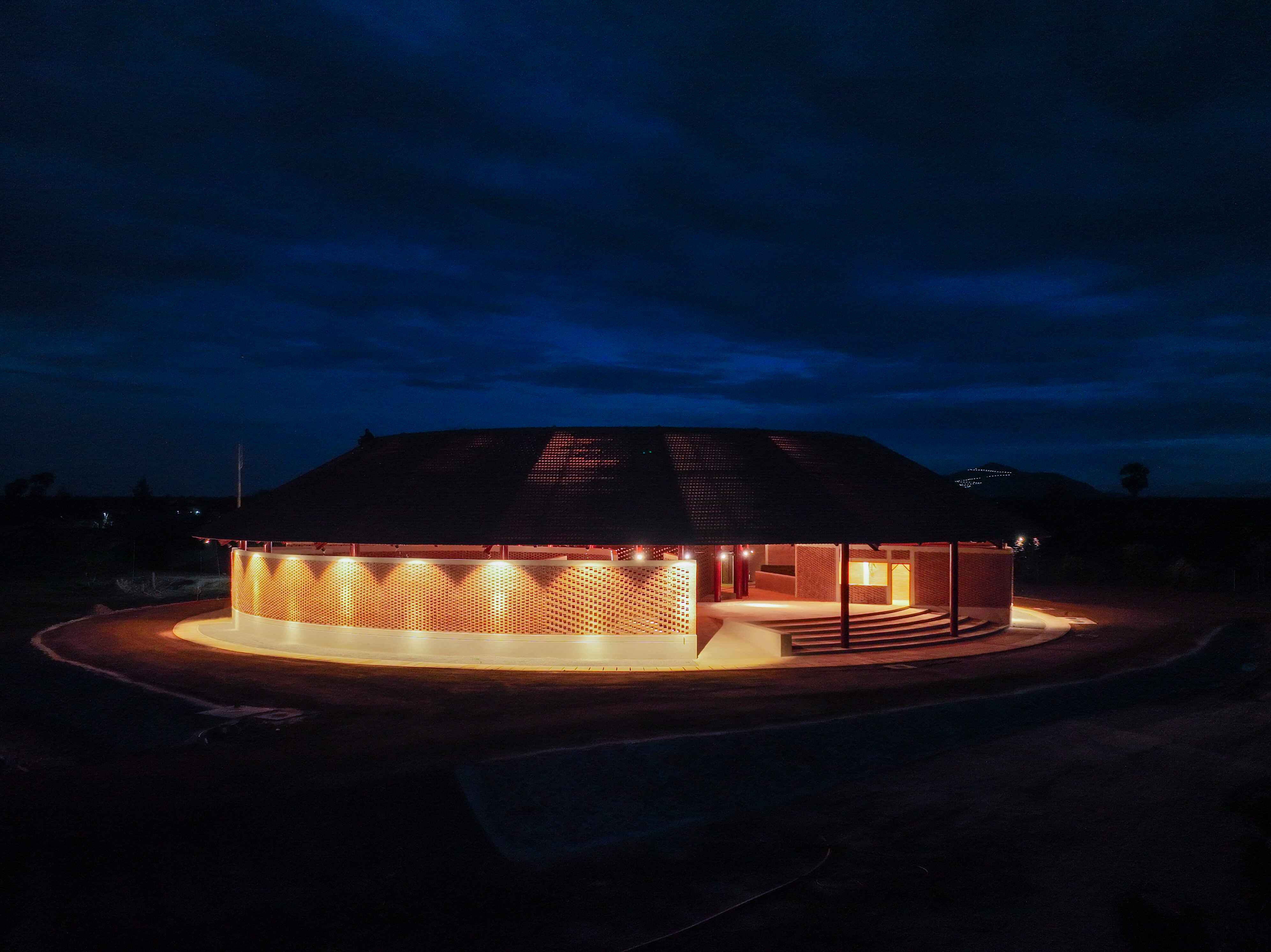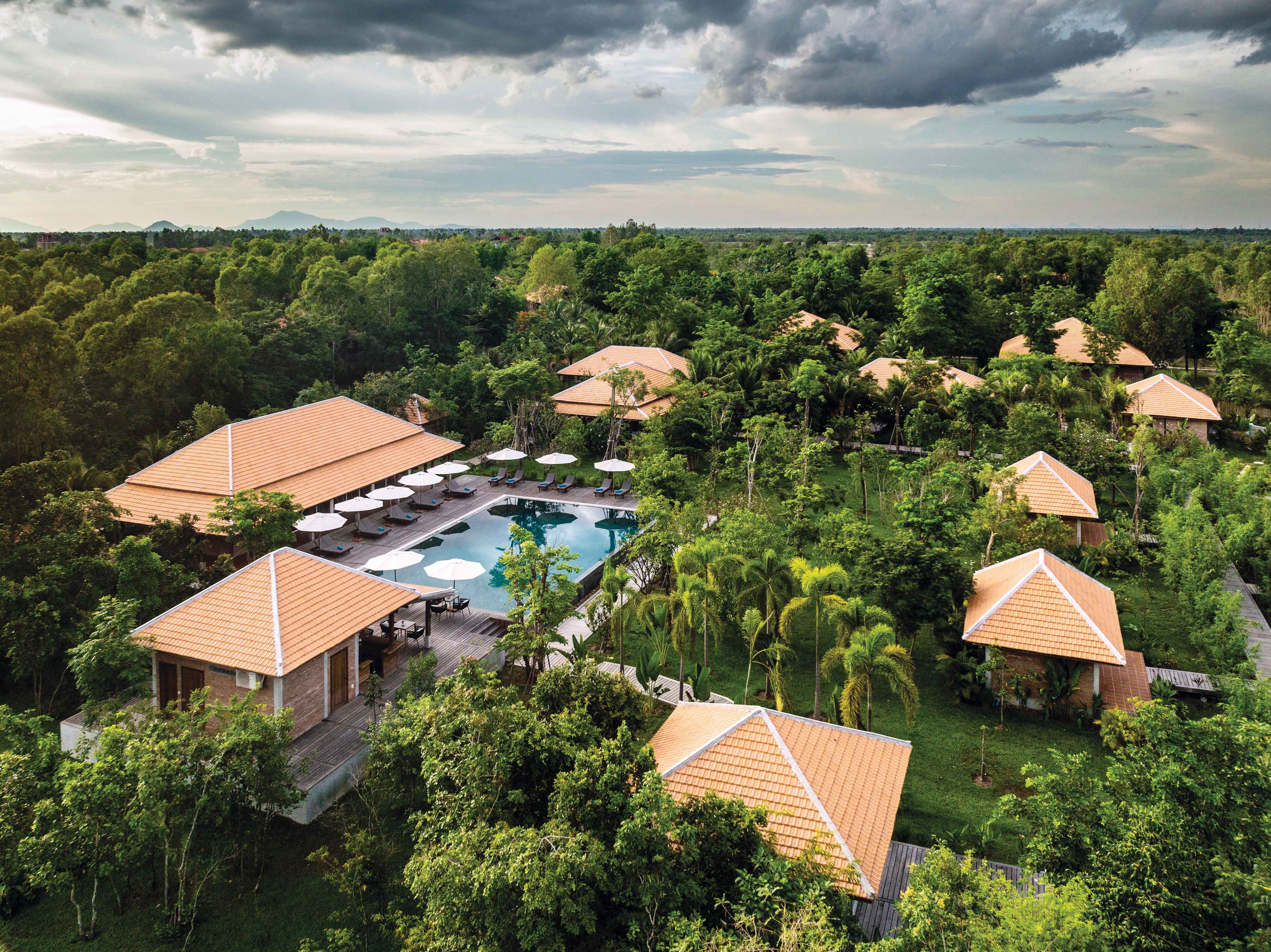For someone who’s made a career out of photographing the world’s biggest pop and rock stars of the 1970s and 1980s – the likes of Queen, AC/DC, and ABBA – it might come as a surprise that music doesn’t interest Hannes Schmid all that much.
“I can have music on in the background as I work or while having breakfast. But I’m not a consumer of music. I’m much more interested in news, geopolitics, finance, people, and society.”
Schmid, 78, is a renowned Swiss photographer, artist, and humanitarian. Coincidentally, he is married to a Singaporean, and the couple have two children. Born in Zurich, Switzerland, he was bitten by the travel and photography bug early on. In his twenties, Schmid’s family emigrated to South Africa. At first, he began documenting his daily life using a 35mm camera.
He admits that his initial attempts weren’t satisfactory, but this only spurred him on to do better. After four years of living and travelling around Africa, he moved on to Southeast Asia, where he spent a year in Sumatra, Indonesia living alongside, and photographing, wild orangutans. A trip to West Papua (formerly known as Irian Jaya) brought him in contact with tribes such as the Dani, whose unique way of life he photographed enthusiastically.
Like so many of Schmid’s life adventures, his stint as a rock photographer came about by chance. While in Indonesia, a friend of his, who was working for a recording company, invited him to British rock band Status Quo’s gig in Zurich. “The audience was crazy, banging their heads, their fists. They reminded me of the cannibals in Irian Jaya. They’re like the Dani. I was shocked because I never expected it.”
The band’s manager was intrigued by Schmid’s experience in photographing “cannibals” and invited him to shoot the band. “They were crazy, you know. They pulled off their clothes and poured champagne everywhere. I was just snapping away.” Impressed with his skills, the manager offered Schmid a job touring with the band, and he accepted.

“I spent six years with 257 rock bands, travelling the world as a photographer – ABBA, The Rolling Stones, Supertramp, Genesis, Pink Floyd. Everybody."
- A LIFE AMPED UP
- WILD, WILD WEST
- A RENEWED PURPOSE
A Life Amped Up
From there, one thing led to another. From 1978 to 1984, Schmid began documenting the music scene. “I spent six years with 257 rock bands, travelling the world as a photographer – ABBA, The Rolling Stones, Supertramp, Genesis, Pink Floyd. Everybody. There were only a couple of big management companies for the rock bands. I was engaged through the managers. They liked me because I was a nice guy. I was different from the others. I was not pushy.”
Among his most memorable experiences was the weekend he lived in the recording studio with Freddie Mercury when Queen was recording Bohemian Rhapsody. And the time he watched Meat Loaf perform. “He was incredible. I mean, he was about 150kg, and he drove up on stage in a Harley Davidson. He was like a Bat Out of Hell,” Schmid recalls, citing the name of the artist’s 1977 album.
- A LIFE AMPED UP
- WILD, WILD WEST
- A RENEWED PURPOSE
Wild, Wild West
Schmid’s next shot to fame happened in the 1990s, when tobacco giant Philip Morris engaged him to shoot what was later to become an icon of advertising imagery – not to mention a cult figure of the classic American cowboy – The Marlboro Man.
“They were looking for an authentic photographer, who could actually produce ‘real’ pictures, ones that did not look produced.” Clearly, Schmid’s documentary-style photography, so evident in his portfolio of rock band portraits, had struck a chord. After a successful test shoot, Schmid was hired as one of the main photographers for the multi-year campaign, which stretched from 1993 until 2002.
It was a huge responsibility, he says, having to work on one of the most important images in advertising history. The scale of the production was enormous too – 600 horses, 100 trailers, more than a hundred wranglers, plus a lighting and production crew. There would have been anywhere between 150 and 200 people on set each time.
“And there was a little window [of time], where the camera was pointing, where a cowboy on a horse would ride by.” Schmid was developing a new iconography for the image, set against a backdrop of the rising or setting sun. Other photographers, he says, tried to capture the same moment and mood, but weren’t as successful.
(Related: The lawyer-turned-techpreneur empowering others through her AI-powered platform)
- A LIFE AMPED UP
- WILD, WILD WEST
- A RENEWED PURPOSE
A Renewed Purpose
 The Gong is a cultural centre designed to promote Khmer arts and community engagement
The Gong is a cultural centre designed to promote Khmer arts and community engagement
In the past decade, Schmid shifted his focus towards humanitarian efforts. He founded Smiling Gecko Cambodia in 2014, a non-profit organisation aimed at supporting education and sustainable development in Cambodia. His latest project, The Gong, is a cultural centre designed to promote Khmer arts and community engagement.
Perched on 150 hectares of land about 60 km north of Cambodian capital Phnom Penh, Smiling Gecko consists of a school, workshops, and even an award-winning farmhouse resort. The project came about after a chance encounter with a Cambodian child beggar while Schmid was on a photography expedition in Udon Thani, Thailand.
“One evening, as I was crossing a bridge, there was a girl begging. She was covered with a piece of fabric. When I dropped some money in her container, I noticed that she was completely burnt. I was shocked.” Schmid later found out about the girl’s nationality, uncovering a dark web of child begging syndications.
 Smiling Gecko Farmhouse Resort & Spa
Smiling Gecko Farmhouse Resort & Spa
“I cannot accept that in Singapore or Switzerland, our children have everything. They have access to medical care, food, education, sports, everything. And here is a neighbouring country where 80 percent of the people can't read or write their own language and have no access to anything.”
Smiling Gecko now employs more than 400 staff, supporting more than 500 children. “Yeah, I'm tired. I'm very tired sometimes, but I enjoy it so much. When I walk into my school, I see these girls and boys with their big brown eyes, smiling at you. And they’re all eating and they’re happy. They’re not hungry anymore. They want to learn, they want to do sport, they want to play. The most important thing is that when they come into our campus, they are safe.”








 The Gong is a cultural centre designed to promote Khmer arts and community engagement
The Gong is a cultural centre designed to promote Khmer arts and community engagement
 Smiling Gecko Farmhouse Resort & Spa
Smiling Gecko Farmhouse Resort & Spa




 Back
Back
